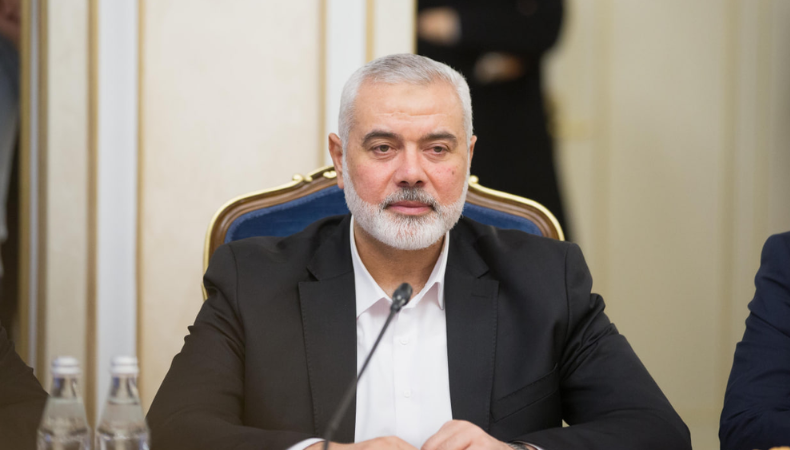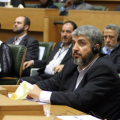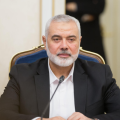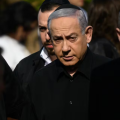Assassination of Hamas Leader Ismail Haniyeh Sparks Tensions

Dramatic and extremely sensitive, Hamas leader Ismail Haniyeh was murdered in Iran following attendance at the inauguration of Iran’s new president. Early Wednesday, Iran and Hamas confirmed this shocking occurrence, which has generated a lot of rumors and raised tensions in already fragile area.
Quick Suspicion Turns on Israel
Israel rapidly came under suspicion even though nobody claimed involvement for the murder right once. Israel has made it rather clear that it plans to seek retribution on Hamas officials for their October 7 attack. That attack claimed one thousand twenty-one lives as well as some 250 captives. Many agree that the accuracy and timing of the assassination testify to a well-considered operation, which meets Israel’s commitment to eradicate Hamas’ leadership.
The More General Impact on Regional Dynamics
The death of Haniyeh influences regional stability and transcends one incident. Lebanese militant group Hezbollah claims they are still searching for the body of a key commander struck in Beirut during an Israeli attack. This implies Israel’s wider overall strategy to discredit radical organizations compromising Israeli security. These acts most certainly contribute to the rising tensions between Israel and its adversaries, hence igniting additional battles.
Claims by Hamas and Future Road Ahead
Regarding the death of Haniyeh, Hamas has directly blamed Israel. Though not unexpected, this claim highlights the great enmity and the cycle of reprisals defining the Israel-Hamas conflict. While the death of a well-known leader like Haniyeh seriously hurts Hamas, it also raises questions about the group’s policies and leadership going ahead. Most importantly, what steps Israel will take next and how Hamas will respond to this death will define the future months.
Keep On Reading
The Human Cost and the Diplomacy Calling
One cannot ignore the human cost of this ongoing struggle among the planned actions and political posturing. The October 7 attack by Hamas, Israel’s counterattacks, and the murder of Haniyeh call attention to the continuous circle of death swallowing hundreds of thousands of lives. Desperate need exists for diplomatic efforts to identify the fundamental causes of this conflict and offer a long-lasting settlement ensuring peace and security for all those involved.
Finally
The death of Ismail Haniyeh reminds us soberly of the fragile and sensitive quality of Middle Eastern geopolitics. When charges and suspicions fly, the whole community has to pay great attention and help de-escalation and communication. Constant diplomatic efforts alone can help to break the cycle of violence and open a path for long-lasting peace.










